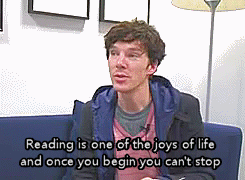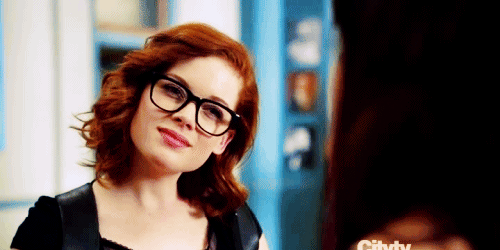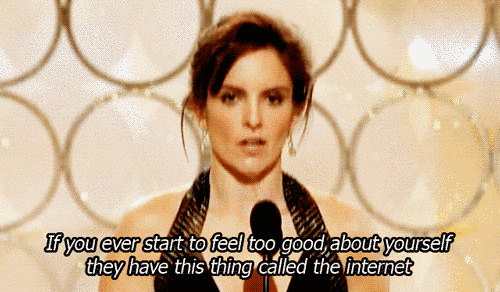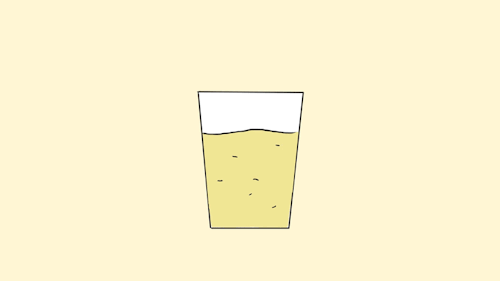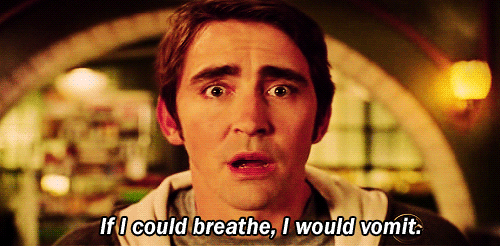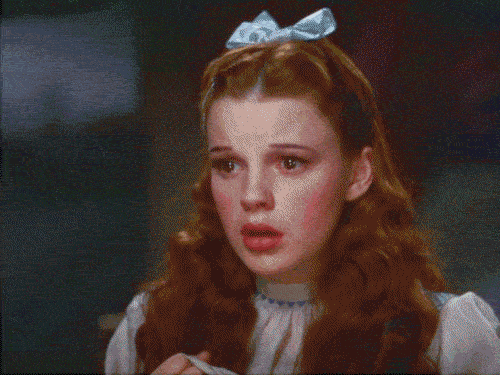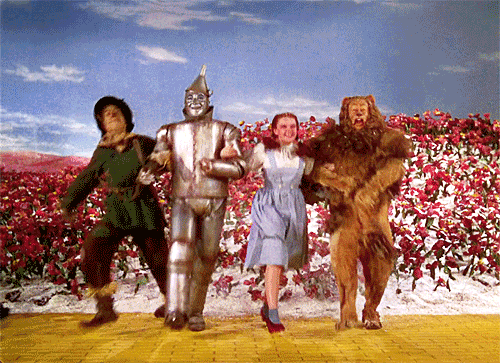
"I can't imagine what she's going through," says every mother when they hear that a woman has lost her child. I don't quite agree. If you're a mother you know well enough what that loss would feel like because you love your child with every fiber of your being.
Baby Lost by Hannah Robert is the telling of her own journey through the grief of losing her child at 8 months pregnant. A car accident crushed her vehicle around her and her family, causing placenta abruption and death of her daughter before she could even be born. I was drawn to this book on NetGalley because I wanted to see inside another mother's loss. Having experienced a miscarriage, I felt an affinity to the author before reading her story. There is not one right way to handle such monumental pain and Hannah Robert guides us through her own process.

When I started this book, I couldn't put it down until Hannah reached the point of kissing her baby Z goodbye. I felt that I needed to stick by Hannah's side through her extraction of her car, through the doctors trying to find the heartbeat, beyond the cat-scans that followed the silence in her womb, and alongside her and her family as they held baby Z for the one day they physically let her go. Once Hannah kissed her baby for the last time, the chapter ended, and I allowed myself to quietly sob.
I was angry and hurt for the unfairness of her situation. I re-opened the hurt of my own lost child at 11-weeks gestation. Not far enough along to be determined a boy or a girl. This then brought new tears to my eyes; I found myself jealous that Hannah at least had a chance to hold her baby and know it was a girl. I thought she was "fortunate" to have at least held her baby and that she could hold a service for baby Z. I realized quickly how absurd that was, cried anew with guilt, and eventually brought myself back to the present.
Mothers who lose their children, regardless of when they were lost, all share grief. There is not a "best way" to lose a baby. We can't be jealous of those who shared 18 years with their babies, 30 years, 2 months, or any amount of time. Mothers aren't supposed to bury their children. And yet, so many women do. Hannah Robert knew several people in her group of friends and family who joined her in this shared misery. I began to reflect on my own connections and realized there are two people (that I know of, there could be more) who have had to be induced and endure a still-born delivery. Where am I going with this? To be honest, I don't know. The mind wanders in all kinds of directions when trying to find reason and understanding of such tragedy.
I felt that Hannah's book was organized and followed a nice structure and yet it was also disorganized in a way, as she stumbled along in her after-impact life. Her telling is an honest reflection of her pain while also including journal entries that were true to the actual moments that she's sharing with her readers. The story moves forward and backward through time much like we do while we process our new altered reality. We move forward and feel proud to know we are making progress toward a new normal, and then in the next moment we are spontaneously weeping. Hannah shows amazing courage throughout this book. She has a brilliant mind, and eloquently shares how she chose to find peace after loss without religious faith.
Like Hannah, I am not religious. Religion probably would have helped guide me in my own grief because then I would have
known where he/she went after their heart stopped beating. I would have felt a
certainty that he/she was in a better place. Hannah respected the beliefs of her partner Rima, and they held what sounded like a lovely service for baby Z, 30 days after she both died and was born. Together they chose spiritual godparents to love and care for their daughter in the place where they could not care for her themselves. Hannah feels her daughter in the ocean, the sand, the rain, and her pomegranate tree. It felt very real to me, I believed in her feelings, and it attaches her daughter to the world of the living.
I could keep going on and on about all the things that I appreciated about this book. I would never say that "all things happen for a reason". Hannah wasn't destined to lose her baby so that she could write a book to help others with child loss. This book was an aftereffect. In loss, many of us are driven to create anything positive out of our experience. It could be developing new laws, awareness of a need for funding of an illness, prevention of losses where it can be prevented, or simply sharing the pain so that others know they aren't alone. It was important to me to find people who understood my pain from their own experience, and this was true for Hannah as well.
I have to say this book was perfect and give it a 5-star rating. It is hard to judge a story like this because there is no perfect way to tell such a story. Hannah made it easy to give this book 5 stars because she wasn't trying to teach us how to conquer grief, she was simply sharing her own.
Baby Lost re-opened my grief. I am grateful for this which is odd to say. I keep my grief tucked away in a corner inside of me because I have other children. Revisiting my loss felt like I was honoring my unknown child again. In just 11 days it will be six years since my loss, and this book brought it all back to me as if it was yesterday. Time truly helps us heal even if we don't want to accept that.







